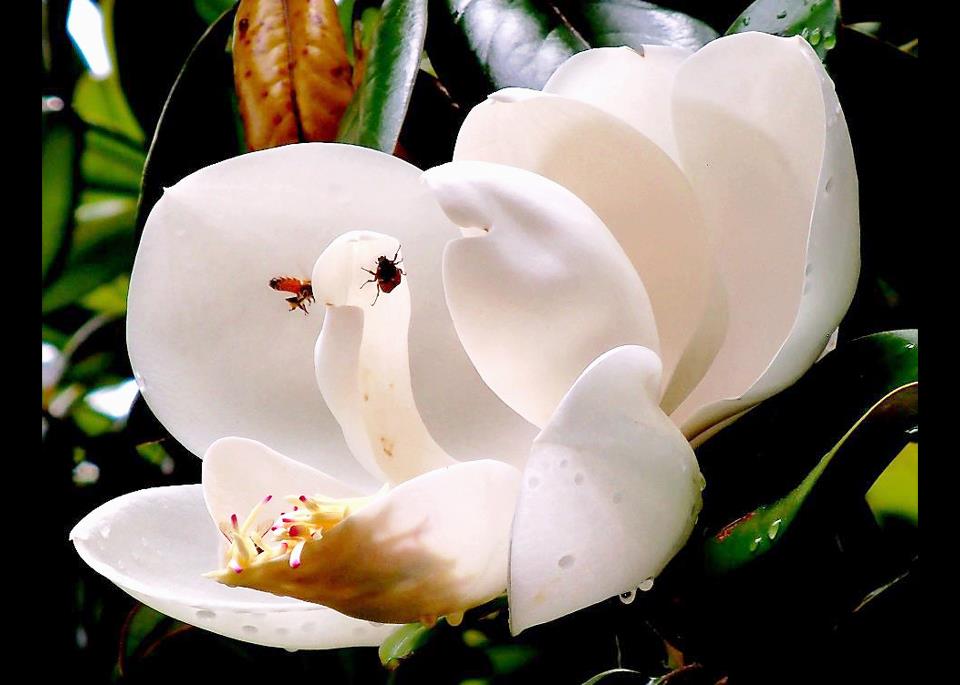A loaded word, consequences. It generally feels heavy, even threatening. We don’t usually say it in the affirmative. It’s sounds a lot like “watch it or your actions will come back to bite you”! It’s really just a fact, though, and I don’t know why we don’t treat it that way. I mean, why don’t we say: if you take the job, a consequence will be that you will receive a paycheck and can pay some bills. Consequences: everything we do directly or indirectly has an effect on something or someone else.
I am posting these thoughts after a too-long hiatus from blogging, or whatever we can call what I’ve done with this fledging writing site. I think the last thing, or nearly so, that I posted about was my upcoming marriage (to the Mr., as I call him on social media). I made a lot of changes in my life with that decision, and it has been challenging. It can be hard to marry late in life, under the best of circumstances. We hike that road each day, remaining hopeful and enjoying the good moments. I am not who I was several years ago, before my chronic neurological head and face pain became chronic, and my sleep disturbed from the hypothalamus dysfunction without ceasing since 2016. In some ways, I suspect the effects of sleep deprivation has had more of an impact on my sense of my brain not being wired the way it once was, even more than the excruciating daily episodes of pain. The cluster headache clinical trials I participated in were completed and published, the results modest but promising, but the funding stream, for Phase 2, is a battle for the researchers. They are pursuing some grants now. Fingers and toes crossed that they can move forward soon. The tools currently at my disposal (and those in my circle of warriors with this condition) whittle away at the beast, but there is no cure or deep correction, long term, at this time.
Every few months, another one of the cluster head warriors gives up the battle. I’ve run out of ways to help those not living with this condition to understand the relentless agony of the condition, but I profoundly, personally, understand the impulse to call it quits. I don’t remember exactly when it was that I made a decision to decide each morning whether or not to give it another go, another day, another hopeful stretch, or not. I also don’t remember the exact date I decided that it was not a personal failure if I do decide at some point that I just don’t see the point in continuing, but I remember how that moment felt. It was actually a relief, and a bit of blessing: one less thing to beat myself up about. I’m proud that I have found the strength to keep at it, but I am truly tired. Both in the sleep deprivation sense, and in the sense of struggle for purpose.
Each day, I look for that proverbial light, that glimmer of beauty and sustenance, as myriad challenges grasp for me. They often trip me up and toss me around, and I reflexively fight back and curl up by turns. I am grateful for many things, not the least of which is the beauty I can still see in the world, the wonders that exist all around me, the loving friends who have, often unbeknownst to them, held me afloat at times when I’ve believed that without them I would surely have drowned.
Consequences in the affirmative: choosing to live another day grants the opportunity for gorgeous sunlight streaming through the trees, a sweet kiss, the taste of delicious food, a deep conversation with a beloved friend, a new experience, and remembrance of the past. My condition is not terminal, but my life certainly is, and while I don’t have the ability to know the future, I have some measure of comfort, some sense of control, in making choices in real time.
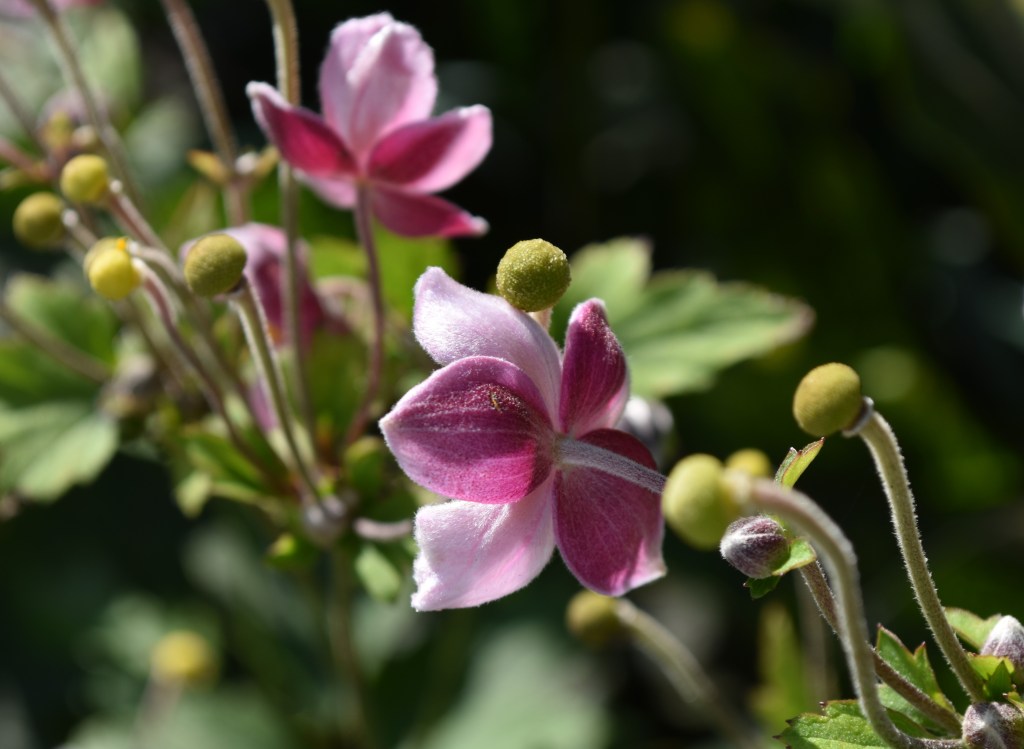
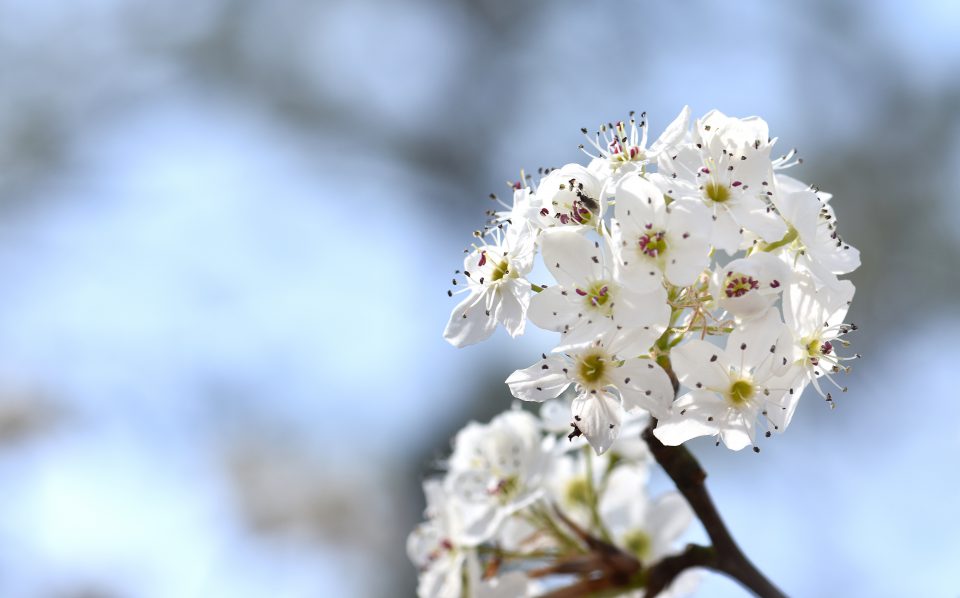
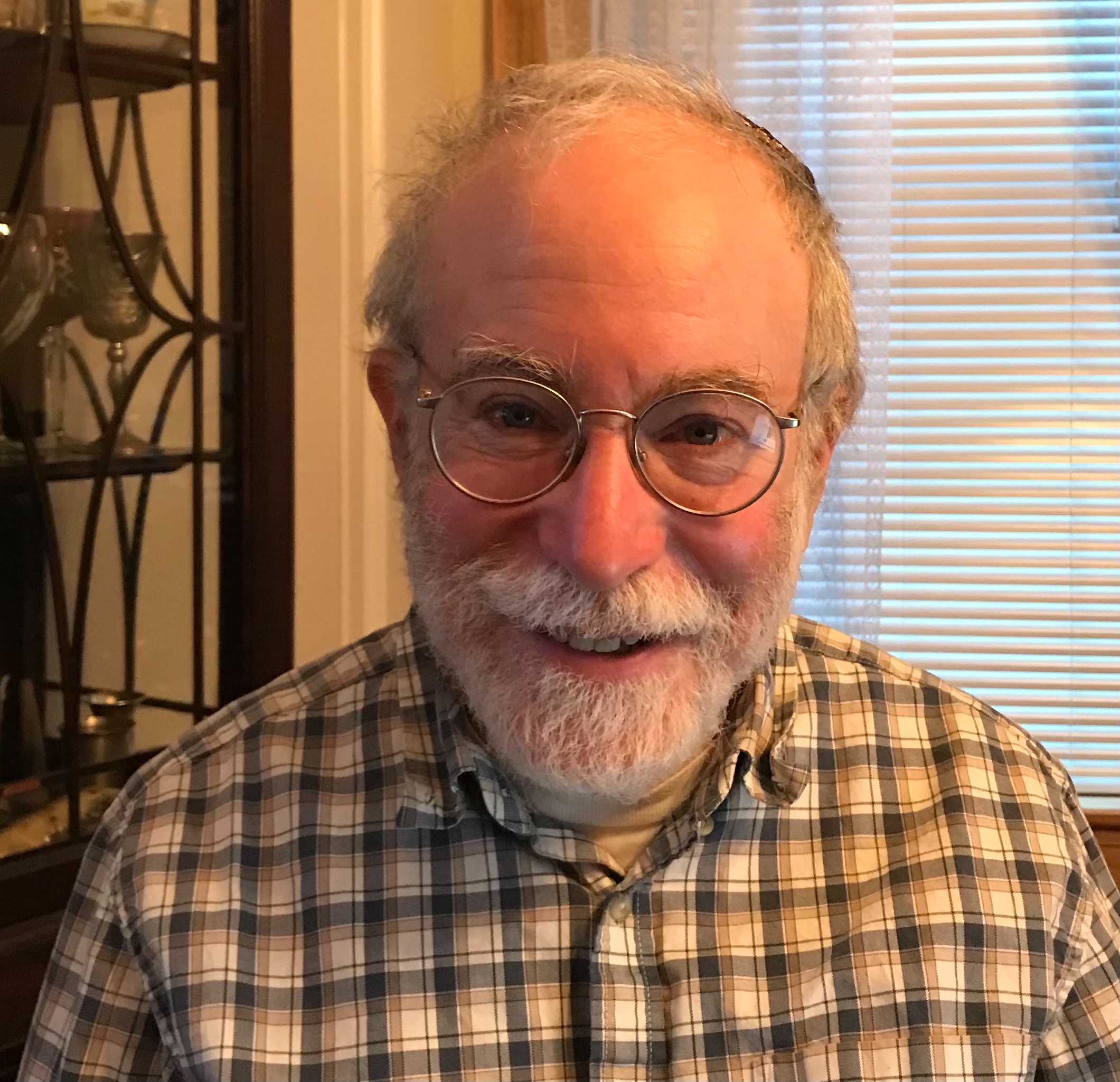
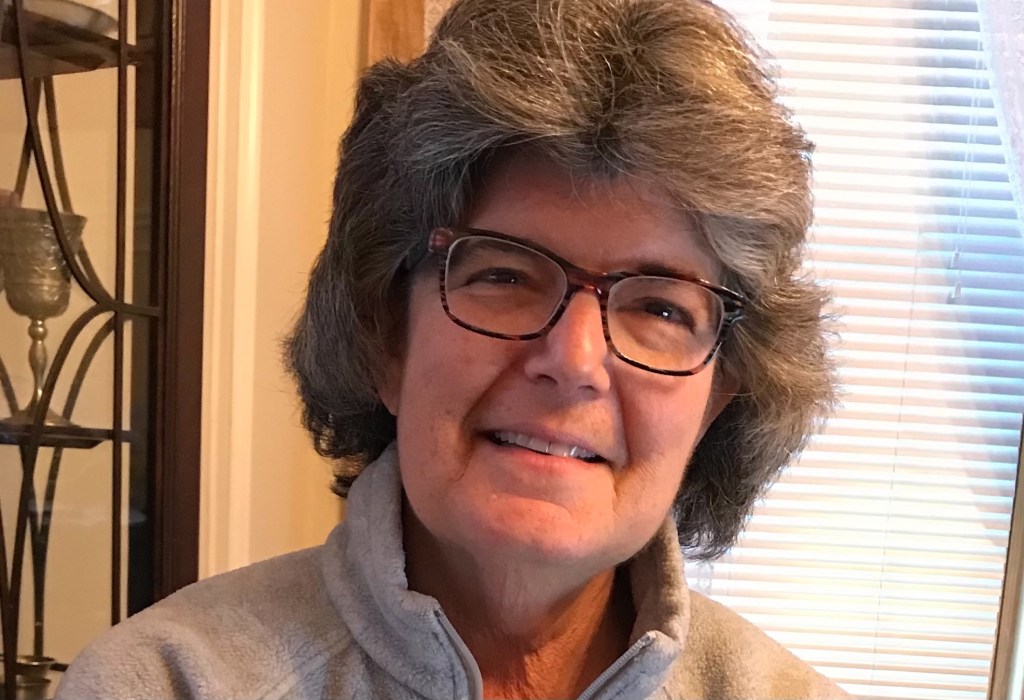
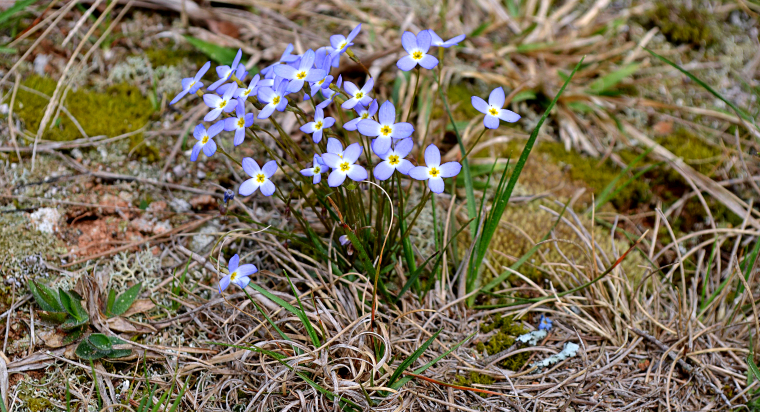
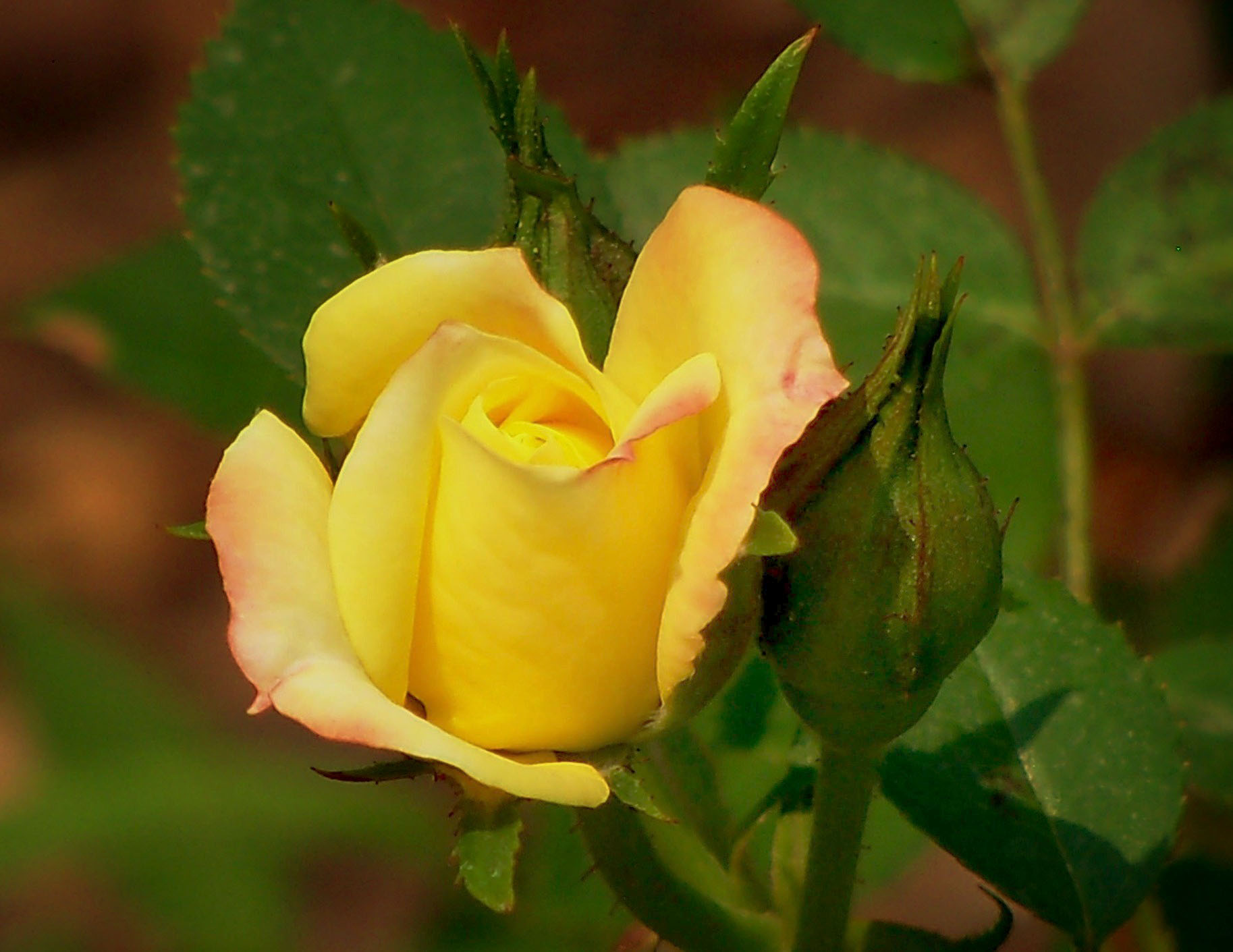

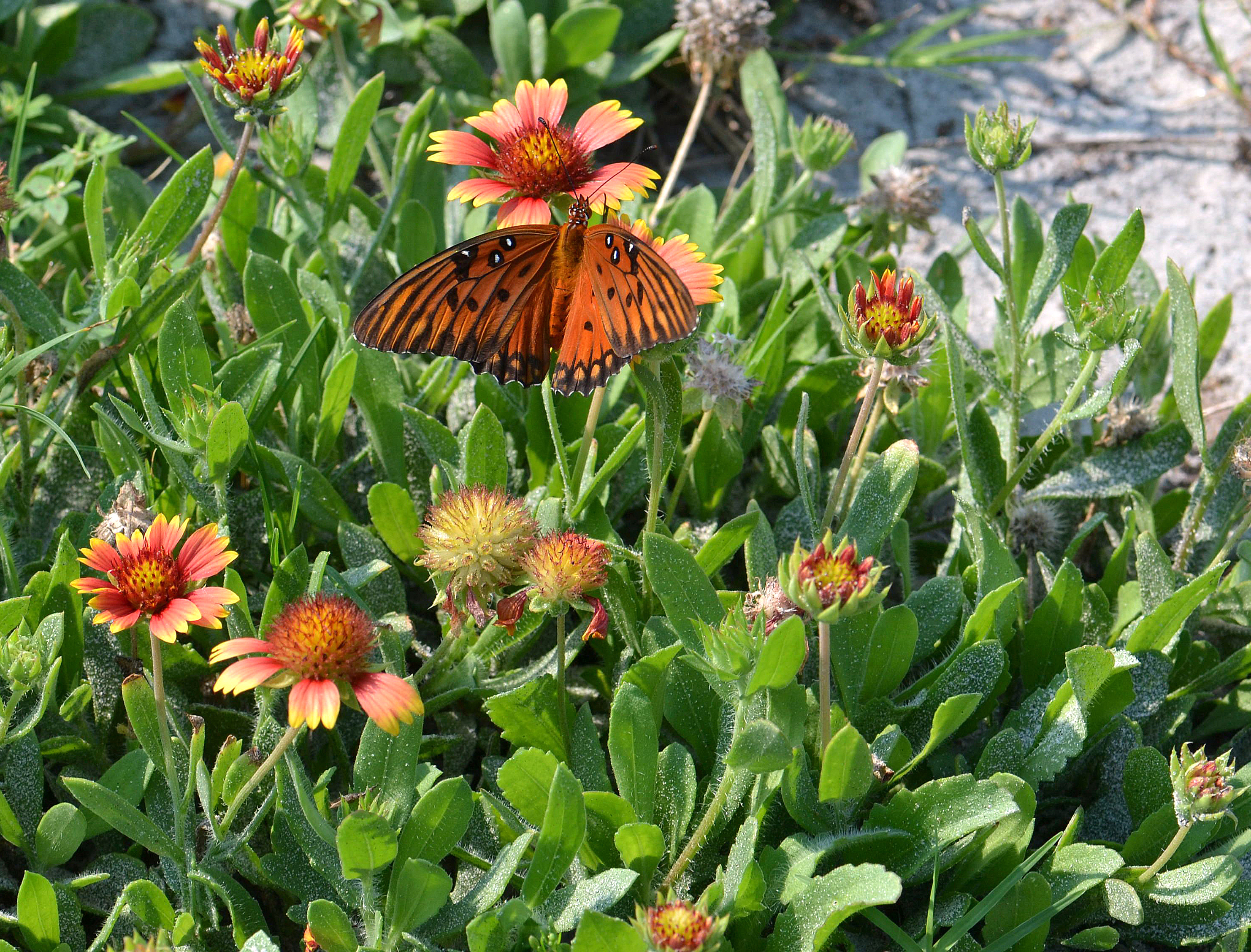 About a month ago, I attended a day-long training at one of my part-time jobs. I had the distinct impression that I would not get a lot out of the time I was certain would be better spent doing my tasks back at the office. I wish I could be more go with the flow, able to remember that I am often surprised by what happens when I stay open to things. I’m not big on group dynamic activities. Whether it’s because of my hearing loss, or my personality, or a mixture of factors, it’s hard to say. I find many of the get-to-know-you activities tedious and somewhat forced and superficial. But I was going to be there all day, so I decided I would make the best of it.
About a month ago, I attended a day-long training at one of my part-time jobs. I had the distinct impression that I would not get a lot out of the time I was certain would be better spent doing my tasks back at the office. I wish I could be more go with the flow, able to remember that I am often surprised by what happens when I stay open to things. I’m not big on group dynamic activities. Whether it’s because of my hearing loss, or my personality, or a mixture of factors, it’s hard to say. I find many of the get-to-know-you activities tedious and somewhat forced and superficial. But I was going to be there all day, so I decided I would make the best of it.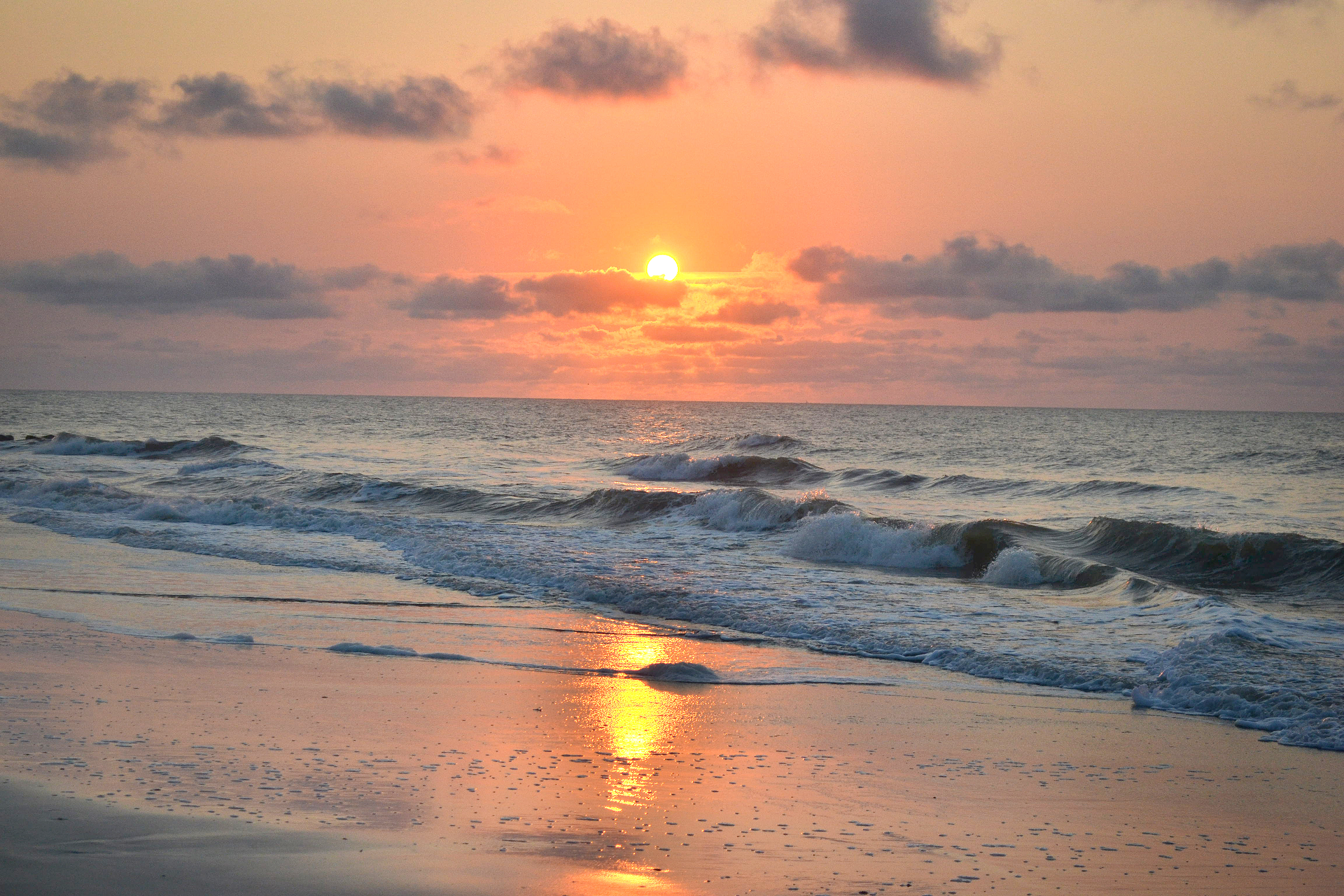
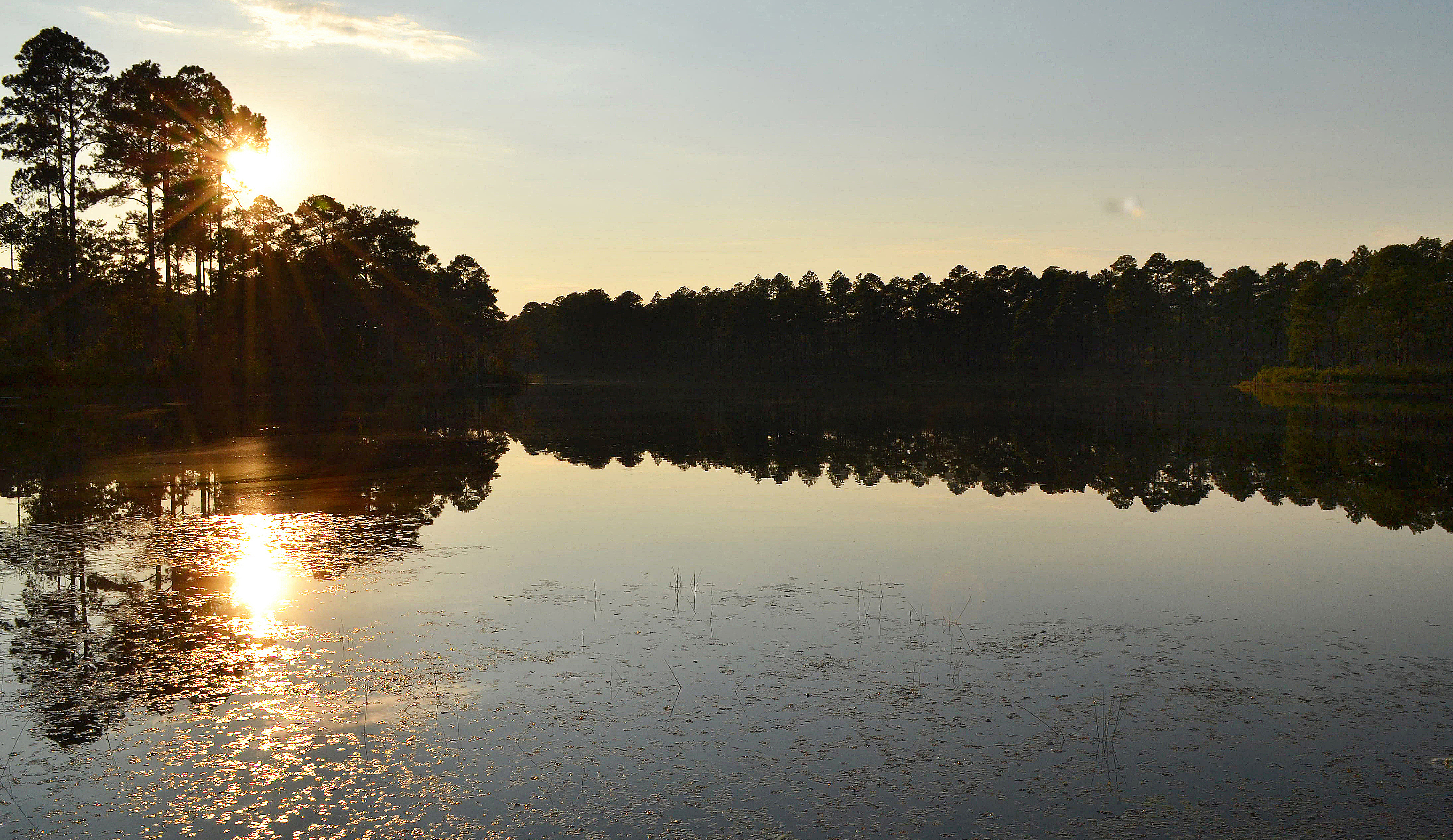 “We never know how many tomorrows we have left: eat dessert first!” “We plan, God laughs.”
“We never know how many tomorrows we have left: eat dessert first!” “We plan, God laughs.”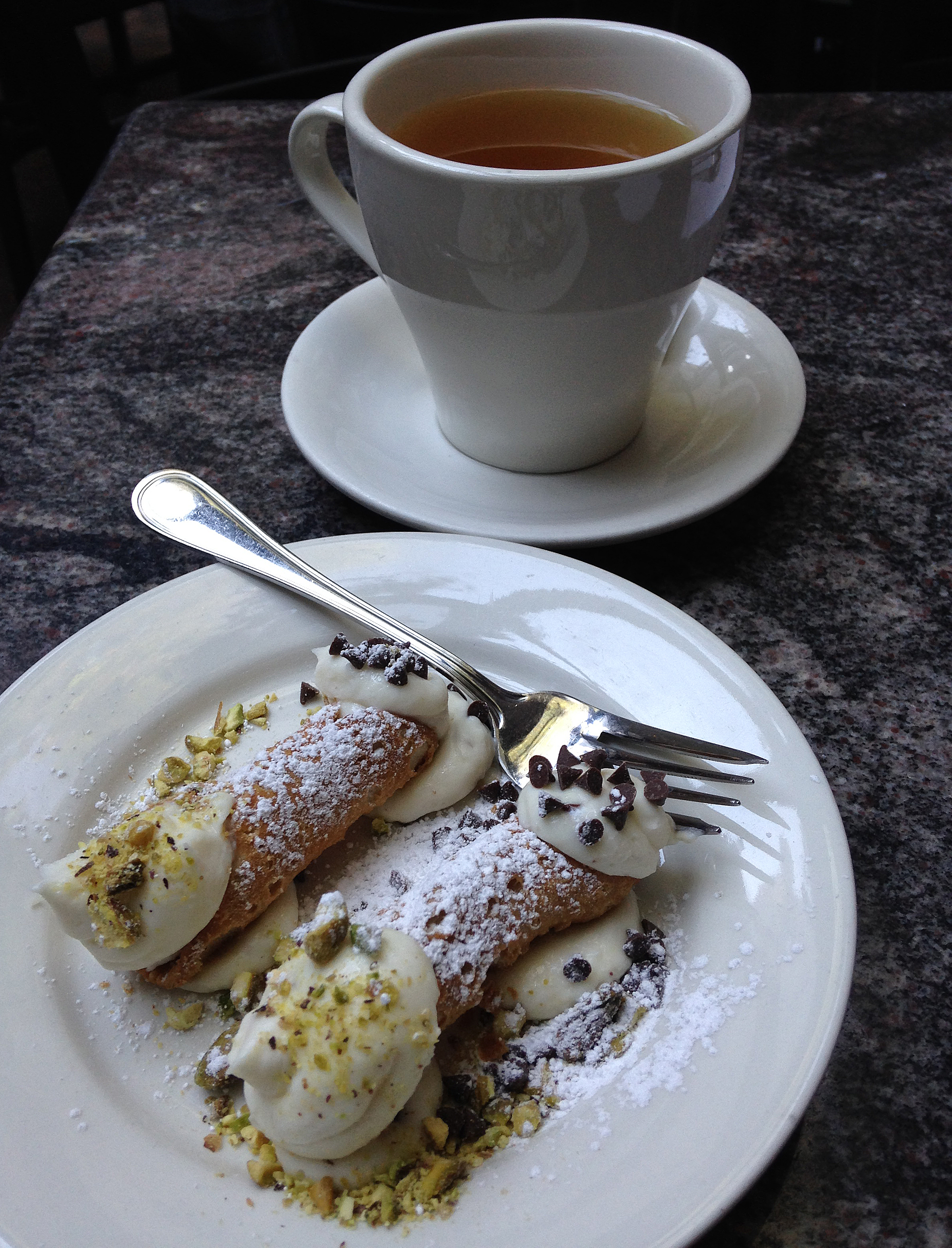
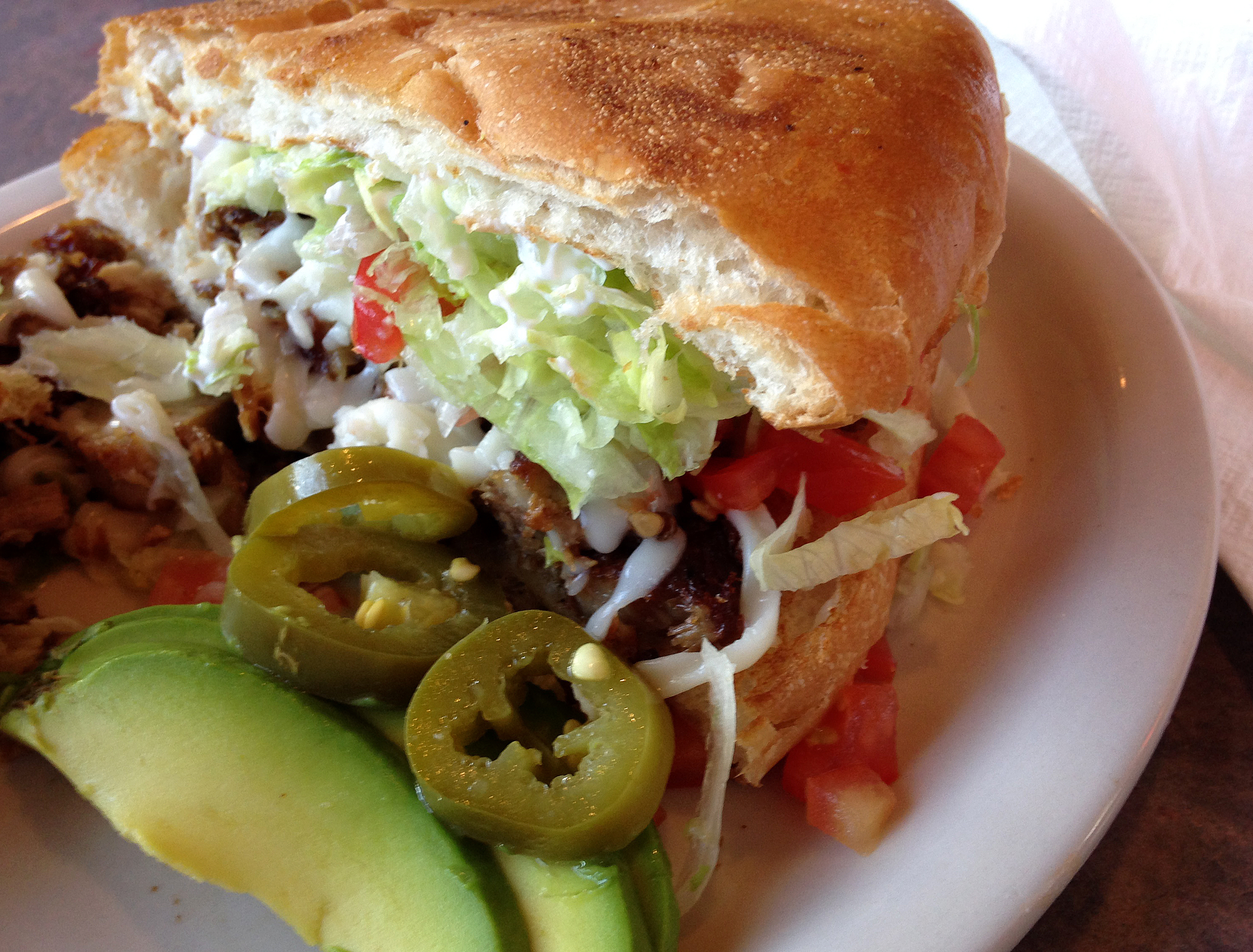
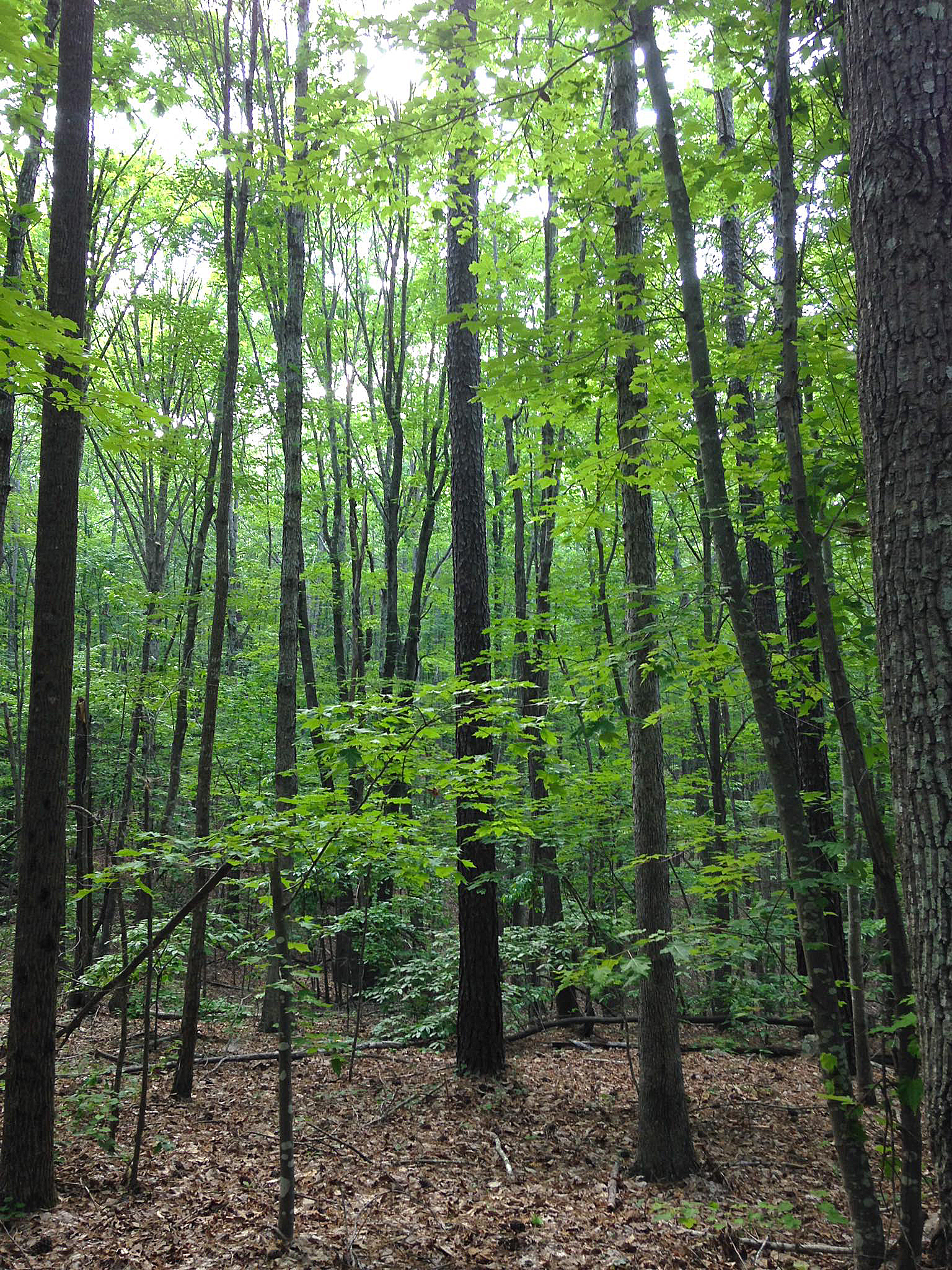
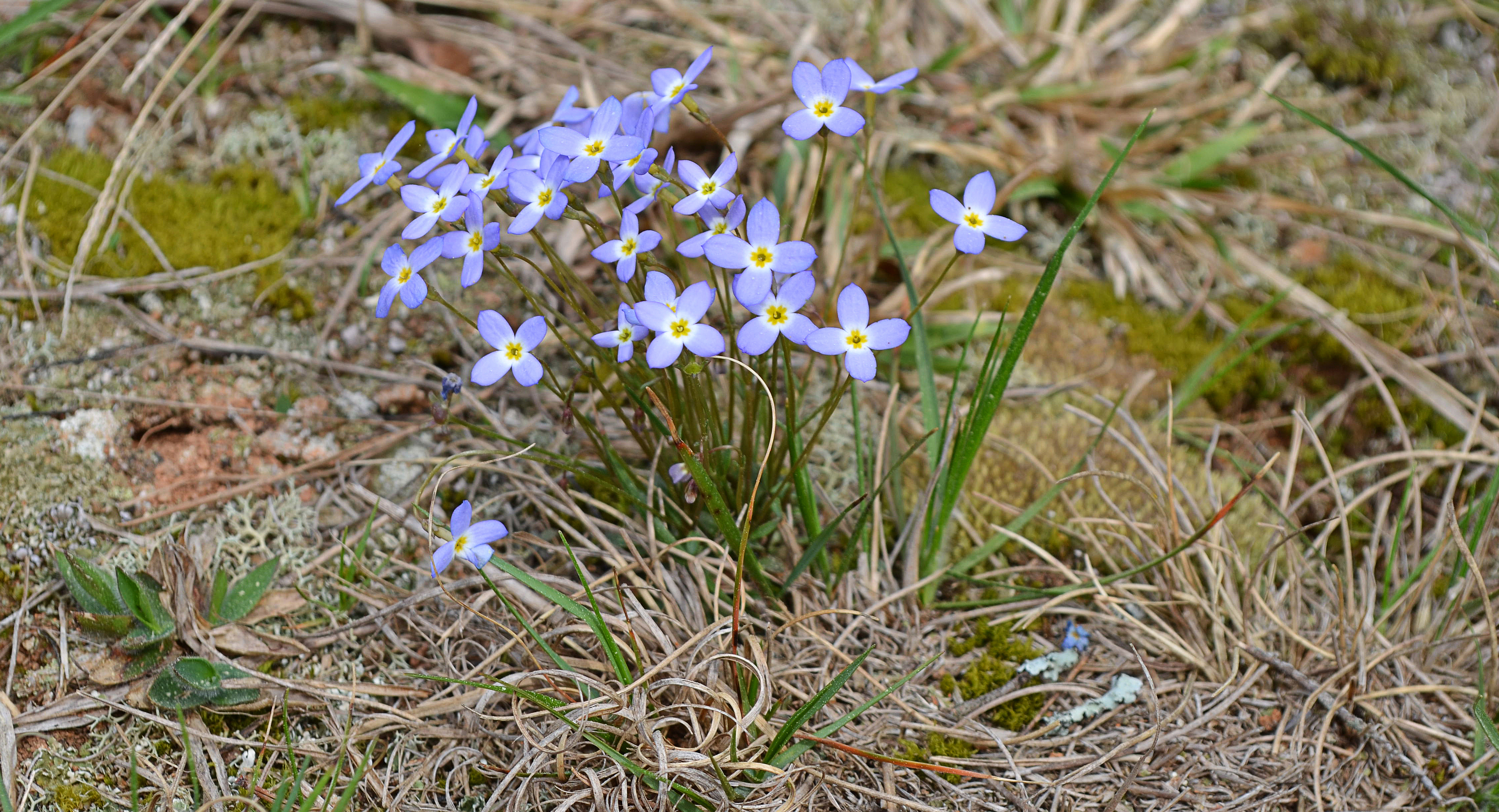 As I walk through the old Zoar cemetery, down in the country, I step carefully around the headstones, trying to read what is written, though it is often impossible to make out names, or birth and death years. The stones, covered in lichen and faded by time, have a strange beauty, as those who love cemeteries can appreciate.
As I walk through the old Zoar cemetery, down in the country, I step carefully around the headstones, trying to read what is written, though it is often impossible to make out names, or birth and death years. The stones, covered in lichen and faded by time, have a strange beauty, as those who love cemeteries can appreciate.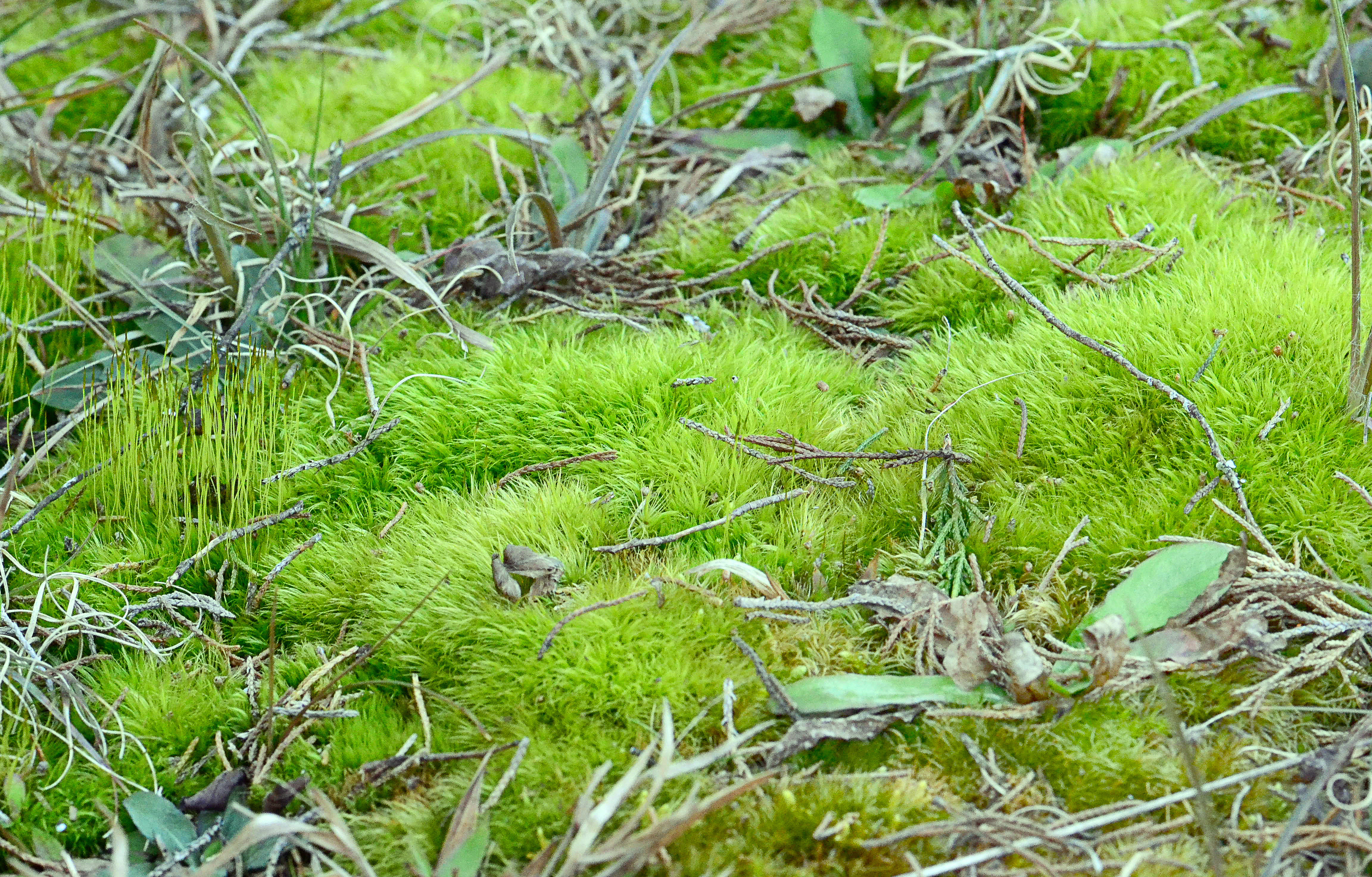
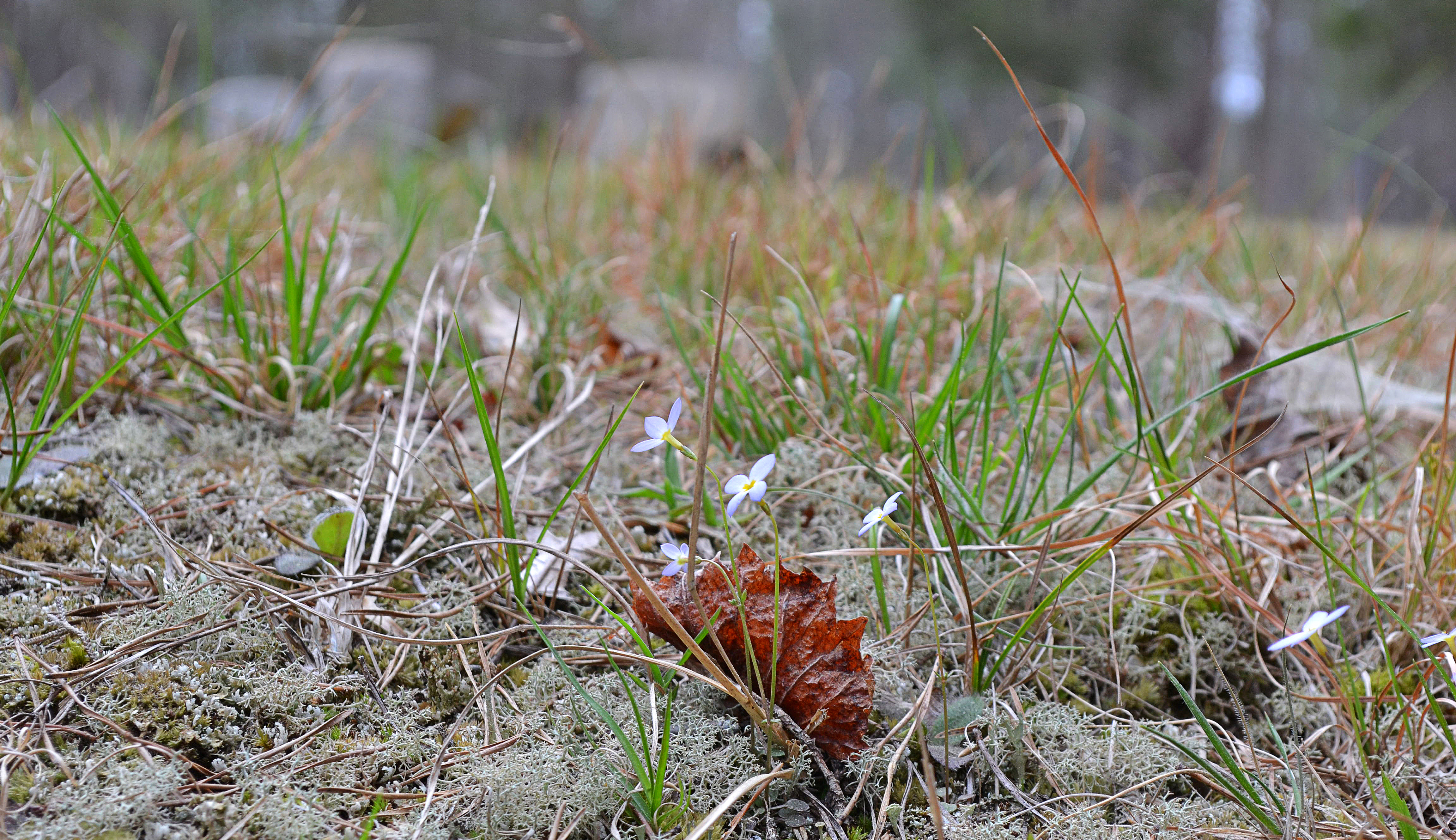 Photo credits: Deborah Marcus
Photo credits: Deborah Marcus